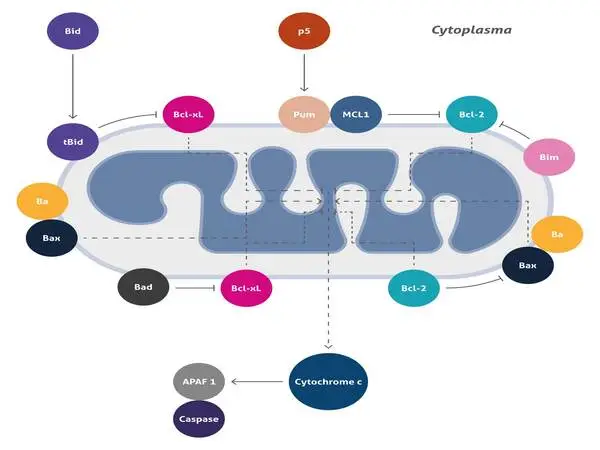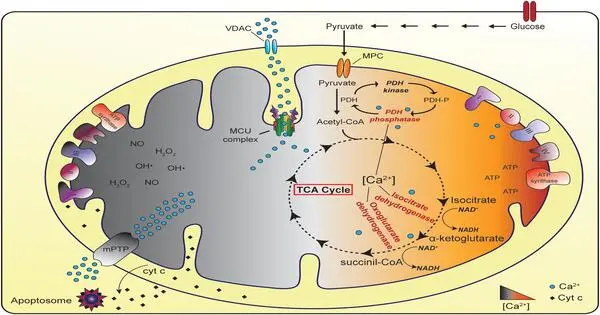Researchers identify a new mechanism that regulates fat uptake from digested meals. The preservation of lipid homeostasis is crucial for human health. While eating too many fatty meals contributes to metabolic illnesses like obesity and atherosclerosis, fat is an essential component of our diet. Digested fats provide the body with critical building blocks and aid in vitamin absorption.
In a new study published in the journal Nature, a team of researchers led by Professor Manolis Pasparakis and their collaborators Professor Aleksandra Trifunovic and Professor Christian Frezza at the Excellence Cluster CECAD of the University of Cologne, and Professor Jörg Heeren at the University of Hamburg, report on a new mechanism that regulates the processing and transport of dietary lipids by the intestine.
The researchers investigated the activity of mitochondria, which act as the cell’s powerhouses, in enterocytes, which line the intestine and specialize in the absorption and transport of nutrients from digested food. They discovered that disrupting mitochondrial function in the intestines of mice produced aberrant buildup of dietary fat in enterocytes and hindered lipid transport to peripheral organs.
A crucial finding of the study was that when mitochondria did not operate properly, enterocytes displayed defective packaging and transport of lipids in the form of chylomicrons. Chylomicrons are critical carriers of dietary lipids, and their appropriate synthesis and transport are required for nutrient absorption.
These findings provide new perspectives for the better understanding of the gastrointestinal symptoms in patients suffering from mitochondrial disease, and may also lead to new therapeutic approaches.
Professor Aleksandra Trifunovic
“This discovery marks a significant leap forward in understanding the crucial role of mitochondria in dietary lipid transport and metabolism,” said Dr Chrysanthi Moschandrea, the lead author of the study. The implications of this discovery go beyond the realm of basic research. “These findings provide new perspectives for the better understanding of the gastrointestinal symptoms in patients suffering from mitochondrial disease, and may also lead to new therapeutic approaches,” added Professor Aleksandra Trifunovic.
The maintenance of a proper lipid homeostasis is crucial for human health. While eating too many fatty meals contributes to metabolic illnesses such as obesity and atherosclerosis, fat is an essential component of our diet. Digested fats provide the body with critical building blocks and aid in the absorption of important vitamins.
In a new study published in the journal Nature, a team of researchers led by Professor Manolis Pasparakis and their collaborators Professor Aleksandra Trifunovic and Professor Christian Frezza at the University of Cologne’s Excellence Cluster CECAD, and Professor Jörg Heeren at the University of Hamburg, report on a new mechanism that regulates the processing and transport of dietary lipids by the intestine.

The researchers investigated the activity of mitochondria, which act as the cell’s powerhouses, in enterocytes, which line the intestine and specialize in the absorption and transport of nutrients from digested food. They discovered that disrupting mitochondrial function in the intestines of mice produced aberrant buildup of dietary fat in enterocytes and hindered lipid transport to peripheral organs.
A crucial finding of the study was that when mitochondria did not operate properly, enterocytes displayed defective packaging and transport of lipids in the form of chylomicrons. Chylomicrons are critical carriers of dietary lipids, and their appropriate synthesis and transport are required for nutrient absorption.
“This discovery marks a significant leap forward in understanding the crucial role of mitochondria in dietary lipid transport and metabolism,” said Dr Chrysanthi Moschandrea, the lead author of the study. The implications of this discovery go beyond the realm of basic research. “These findings provide new perspectives for the better understanding of the gastrointestinal symptoms in patients suffering from mitochondrial disease, and may also lead to new therapeutic approaches,” added Professor Aleksandra Trifunovic.





